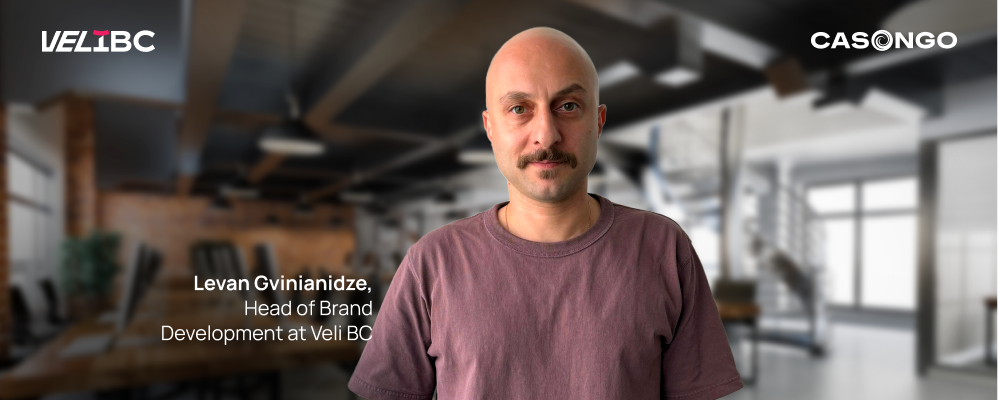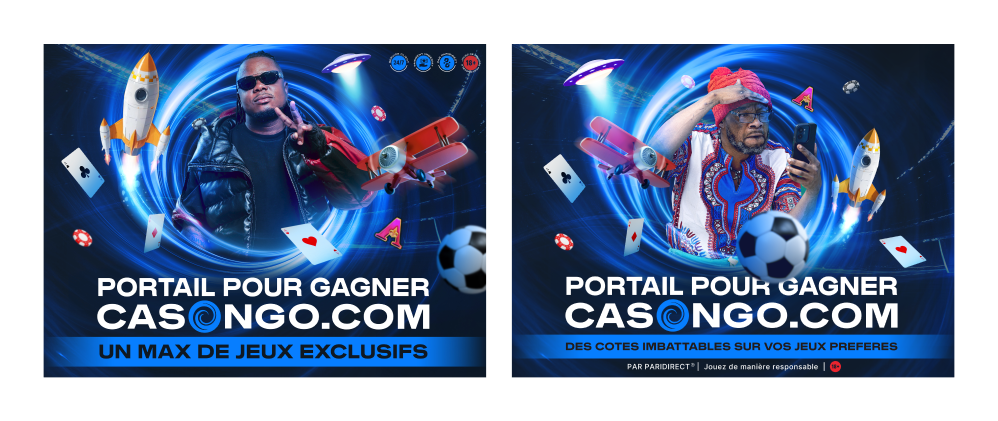
Walk down any street in Kinshasa or Brazzaville, and you’ll find them—betting shops clustered together like cafés in Paris, sometimes three on a single corner. This isn’t market saturation; it’s market reality. In emerging markets, gambling represents one of the most transparent paths to financial opportunity—no hidden requirements, no gatekeepers, just odds that apply equally to everyone.
The Trust Equation in Dynamic Markets
After years of navigating African markets, one truth stands out: formal market research infrastructure is virtually non-existent. You’re operating without traditional safety nets, making decisions based on ground-level observation and genuine community engagement. The challenge isn’t just building consumer confidence—it’s earning trust in markets where established relationships matter more than marketing budgets.
What makes African markets fascinating is their sophistication in filtering genuine operators from fly-by-night ventures. Consumers here have developed sharp instincts for authenticity. They’re not sceptical—they’re selective, and rightfully so.
Traditional B2B platforms approach this with technology-first solutions—better KYC, enhanced security, and blockchain verification. But trust isn’t built through technical specifications. It’s earned through consistent presence, cultural understanding, and genuine community engagement.
When we developed CASONGO, the breakthrough wasn’t technological—it was mythological. Discovering Ongo, the Nyanga people’s gambling deity, gave us more than a clever name. It provided cultural authenticity that no amount of market research could have manufactured. The name’s dual meaning—”casino on the go”—was serendipitous. The community’s genuine enthusiasm? That was validation.
Different Cities, Different Universes
Here’s what desktop research won’t tell you about African markets: two cities sharing a river, can be completely different beasts. Kinshasa’s 20 million inhabitants create dynamics entirely different from Brazzaville’s two million. In Brazzaville, traditional billboards work brilliantly. In Kinshasa’s vibrant chaos, you need guerrilla tactics and street-level engagement.
These aren’t just logistical differences—they’re behavioural. The intensity of daily life in a 20-million-person metropolis shapes how people interact with brands differently than in smaller cities. The same offer, the same creative can succeed wildly in one city and fail completely across the river.
This granular understanding only comes from being there, from watching how people actually interact with betting shops, from understanding that in Africa, major tournaments aren’t just sporting events—they’re cultural moments where iGaming brands become part of the social fabric. The African Cup of Nations sees gambling operators as primary sponsors—a level of integration that would be controversial in Europe but is celebrated here as brands supporting the sports people love.
Creative Innovation as Competitive Advantage
When you’re not the market leader—when you’re Nemo, not the shark—conventional strategies won’t work. You need creative approaches that established players wouldn’t dare try.
Take our upcoming TV campaign for CASONGO. Instead of traditional spots, we’re introducing “odds forecasts”—segments integrated into news programmes where matches are presented like weather reports. Picture a presenter at the map: “Paris heats up as PSG faces Monaco, while Liverpool expects storms for the derby.” It’s not an interruption; it’s information.
Our radio strategy follows similar logic: daily ads formatted as morning bulletins with fresh content every day. “Good morning! It’s Tuesday, another chance to win. Today’s matches include…” We’re not buying media; we’re becoming media.
Some social posts have generated 10,000+ comments—exceptional engagement that reflects genuine community interest. These numbers matter less than what they represent: real conversations, not just metrics.

The India Paradox
India presents an entirely different challenge. Despite being one of the world’s largest gambling markets, advertising is virtually prohibited on traditional channels. No TV, no billboards, no conventional approach will work.
The solution? Building communities through Telegram where real punters gather. It’s an entirely different playbook from Africa, requiring new strategies for a market where cricket isn’t just sport—it’s religion, and betting on IPL matches is a national pastime.
What gives smaller players confidence here is collective intelligence. Within the Veli Group ecosystem, brands share ground-level insights that no consultant could provide. Which matches drive traffic? Why does kabaddi betting peak at certain times? This isn’t corporate synergy—it’s survival intelligence from teams who’ve navigated these waters.
Beyond Technology: The Human API
The iGaming industry loves talking about APIs, integrations, and technical specifications. But in emerging markets, the most important integration is with human behaviour. People don’t want platforms; they want portals—gateways to possibility, community, and that universal thrill of potential victory.
This shift from platform to portal thinking changes everything. Design decisions focus on emotional resonance, not just user efficiency. Marketing emphasises community belonging, not just bonus offers. Product development prioritises local payment methods and cultural preferences over cutting-edge features that impress investors but confuse users.
In markets where formal banking is limited and digital literacy varies wildly, your technology must be bulletproof but invisible. The moment users think about the technology, you’ve lost them. They should only think about the next match, the next spin, the next possibility.
The Real Competitive Edge
After years in emerging markets, the lesson is clear: success doesn’t come from outspending competition or importing Western strategies. It comes from understanding that behind every bet is a human story—someone participating in a global sport, someone exercising the same hope that drives punters from Las Vegas to Macau, from London to Lagos.
In Africa, particularly, iGaming occupies a unique position. It’s regulated, transparent, and provides legitimate employment for thousands. It contributes to the formal economy, sponsors local sports, and connects communities to global events. When Messi scores in Miami, someone in Kinshasa celebrates not just as a fan, but as a participant in that moment.
This human understanding, combined with creative courage and technological reliability, creates sustainable competitive advantage. Where established players rely on market dominance, newer entrants can build genuine connections. Where giants move slowly, nimble players can adapt daily.
The future of iGaming in emerging markets won’t be won by the biggest platforms or the flashiest technology. It’ll be won by brands that understand they’re not building platforms—they’re creating portals. Portals to excitement, community, and possibility.
That’s not marketing philosophy. That’s market reality, learned one street corner at a time.
